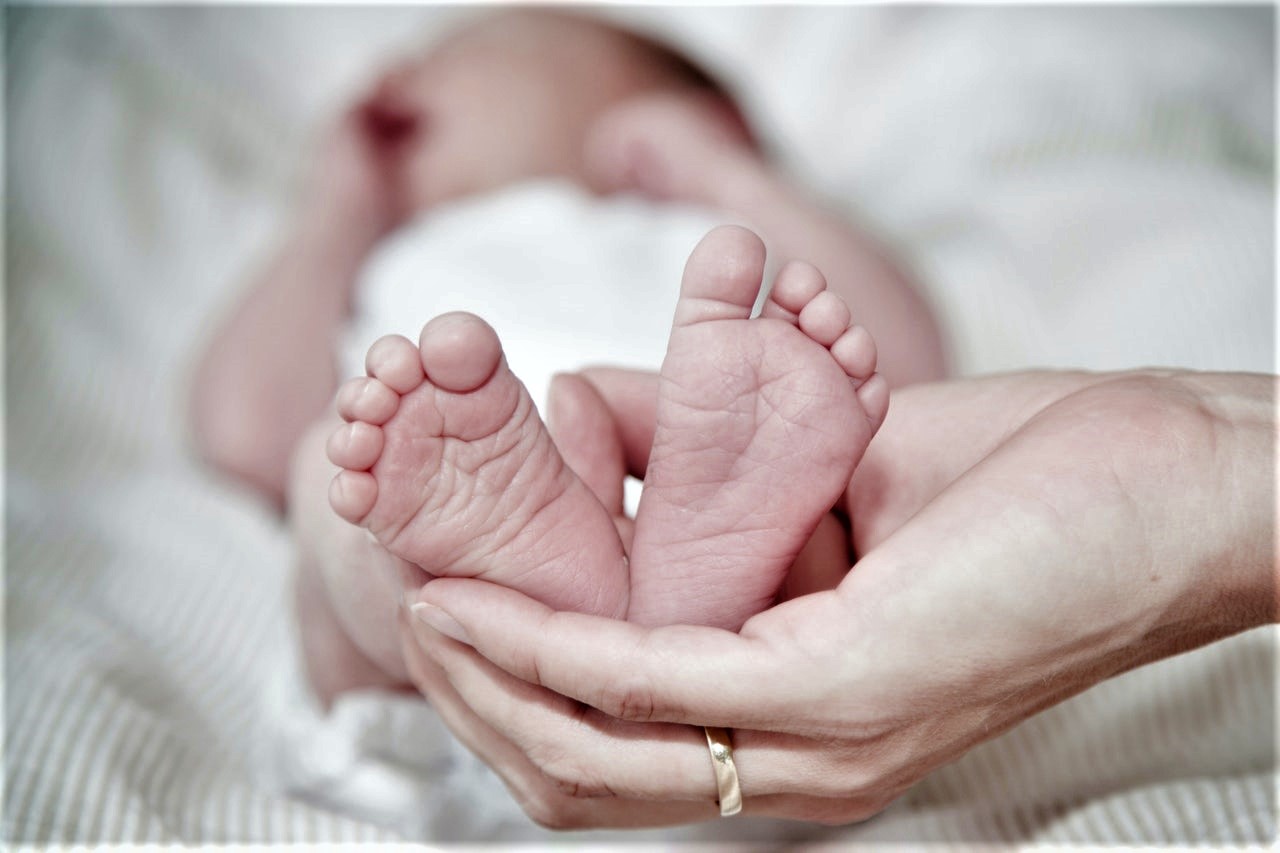Does autism affect the nature of the lives of affected children? In a normal situation, two-year-olds have tremendous energies to do many activities, such as playing, using language and communicating with others to meet needs rather than resorting to signs, and when he begins to learn vocabulary, he repeats it for a short period and then re-forms it in new sentences, and it has been observed in some Children have defects in social skills, communication, and emotional behaviors, and these patterns are an early warning of autistic disorders in children. Some of the symptoms that indicate the presence of autism include the following:
In severe cases of autism in children, the child may not be able to learn eye contact and talk to others, but there are some who are able to live normally with the surrounding community.
behavioral symptoms
What is the reason behind the lack of eye contact between the patient and those around him?
Behavioral patterns in children with autism are often self-evident, because they differ from the typical behaviors of other non-affected children. Therefore, parents should distinguish these behaviors that appear in the following:
- Unusual physical behavior such as rocking, clicking fingers and buzzing to calm themselves and maintain focus.
- Lack of eye contact during conversation.
- He may hit his head, and such harmful behaviors must be controlled by the parents.
- Difficulty concentrating and understanding fast speech.
- Creating noise and disturbance, usually for a reason.
Scientists say that the reason for the lack of eye contact is a way that the patient does because of the hyperactivity of the brain that occurs in response to the unpleasant feeling that he may be exposed to.
Communication problems with others
Is it simple for parents to comprehend what their impacted kid desires?
One of the most prevalent signs of autism in youngsters is social difficulties. Examples of autism-related social difficulties include:
- At 12 months old, he does not reply when his name is called.
- He enjoys playing alone.
- He has little desire to communicate with people, and if he does, it will be for his own selfish gain.
- Does not comprehend the concept of others’ personal space boundaries.
- Physical touch is avoided.
- It is tough for him to comprehend the emotions of others.
Parents struggle to understand the social behavior of their autistic child, whether it’s showing their feelings, being overly sensitive to things, or being depressed.
Speech problems
Do speech problems affect the child’s ability to express sadness or joy?
The communication and speech patterns of children with autism differ, as 40% of them never talk to people around them, and about 25%-30% of children have the ability to say some words at the age of 12 to 18 months and then lose them completely. Among the most prominent speech problems in the affected child:
- Low level of language and speech skills.
- Repeating some of the audible phrases over and over with an echo-like representation.
- Reverse pronouns, for example say “you” instead of “me” and vice versa.
- Responds with answers that are not related to the question asked.
- Speaks in a robot-like voice or in the style of a song.
The affected child has difficulty expressing how he feels and understanding other people’s expressions, and sometimes his facial expressions may not match what he is saying, such as smiling while saying something sad.
Autism symptoms for all ages
Are the symptoms of autism the same for all sufferers?
The symptoms of autism are similar among children and other age groups as adults, and all revolve around social, communicative activity and behavior. Adult’s most prevalent symptoms are:
- Difficulty starting a conversation.
- Difficulty in forming social relationships and friendships.
- Discomfort while looking and making eye contact.
- Repeatedly addressing a specific topic, and mentioning it in the same way as the monologue.
- Excessive discomfort to sounds or smells.
- Prefer Isolation and loneliness.
- Difficulty interpreting facial expressions and details.
Although there are some common symptoms, symptoms are not necessarily the same for all infected people, as they can vary from person to person.
Diagnosis of autism in children.
Are there specific laboratory tests to diagnose autism?
Early diagnosis of autism disorder in children greatly contributes to managing the condition, but it is not easy for the doctor to make an appropriate diagnosis, as there are no laboratory tests through which the condition can be evaluated, so the doctor monitors the child’s behavior, in addition to a set of questions that are directed to the patient’s parents, Such as:
- Did your baby smile at 6 months old?
- Does he act out the facial expressions he sees, at 9 months old ?
- Are unusual behaviors repeated?
- Is there a problem when eye contact is made between you and the child?
- Does he communicate well with people?
- Do they react to attempts to get their attention from those around him?
- Does he have any sensitivity to light, noise or heat?
- Does he have any digestion or sleep problems?
The role of the parents of the affected child is the most important role in initiating the diagnosis and treatment of autism, as the mother notices an imbalance in her child’s development, strange behavioral patterns such as excessive focus on a particular doll and avoiding visual and interactive contact with people around him, adds Dr. Kony Cassari, an expert in child development sciences At the University of California, Los Angeles: “Parents fear that a child will have autism before he turns two years old, and a diagnosis of symptoms can be made by his second year, but no symptoms may appear at this age, but rather appear after.”
When treating, there are differences in the doctors’ views, but all of them are clinically applicable, with the aim of finding a solution to the main problem, which is autism, but the matter begins with the parents in the early detection of their child’s injury, and then the doctors deal with all the presented and clinically studied viewpoints to choose the treatment in proportion to their needs. Parents and the child’s diagnosed condition.
Doctors find it difficult to diagnose autistic disorders; This is because there are no laboratory tests to help diagnose, so the doctor relies on the medical history and behavior of the child.
How to distinguish a child with autism from other children?
Does autism determine the nature of the social activity of the child?
Autism is a disorder that appears in early childhood before the child reaches 3 years of age, and it is usually difficult to diagnose, but it is possible to distinguish between children with it from those without, as the symptoms of autism focus on having difficulty in visual and verbal communication, in addition to arm palpitations, and lack of activities and activities that other children of this age are interested in.
Children with autism have difficulties in social interaction and forming relationships and friendships, while most children without autism do not experience such difficulties.




